
I recently came across Tom Senningers simple but useful learning zome model (1) it made a lot of sense to me. It pointed out that in order to develop we need to stretch ourselves. Just chugging along doing what we always do will not do it neither will being pushed into a situation where we are at 6's and 7's. With the benefit of hindsight I can see that by agreeing to act as instigator of a Twitter conversation I was putting myself into my stretch zone as I had not done this before. The stretch zone is outside our comfort zone. It involves some risk, for example making a fool of yourself in public. Its unfamiliar and we find it challenging and have to work hard to understand and perform in it. But it's also exciting and rich in affordance for exploring something new and for creative action, and having experienced it we will almost certainly have developed some aspect of ourselves. It's the zone which holds the greatest potential for our personal and professional development so it's worth accepting the risk.
the process that enables affordance to be realised
When Chrissi Nerantzi, one of the organisers, invited me to act as an 'instigator' I did my usual trick of trying to imagine what 'it' (the twitter conversation) might look like. I have a habit of trying to connect things, which I suppose is where I think much of my own invention lies, as only I am interested in the things I'm interested in and therefore take the trouble to try to connect them. In this way I can invent stuff that stands a good chance of being original, because I'm the only one trying to do it!
One of the ways I have come to understand personal creativity is the ability to see the affordance(s) in something and development then being the means to enable you to access and make the most of the affordance. I could see the affordance in connecting the #lthechat with my interests in creativity and my current projects - producing the April issue of Creative Academic Magazine and contributing to World Creativity and Innovation Week. I reasoned that if we stuck to the same general theme 'exploring creativity in development and innovation' then they would inevitably be connected in a synergistic way. So I sat down and thought about some questions which provided the framework for the #LTHEchat. I also designed a simple on-line questionnaire to gather more systematically information on the creative beliefs of participants.

The chat has been storified by Chris Jobling. Two hours before we started the conversation I posted this image and invited people to share their perspectives on the sorts of journeys that development took them on: because development always involves a journey. I didn't get many responses but I like to think that it prepared the ground for conversation and hopefully planted the idea that there is no single right answer where developmental journeys are concerned - only lots of possibility. In fact the answer to this question is development takes you where you need to go - you may not know exactly where you want to go when you start but generally you end up at, or near, the right destination.

an explorer can never know what he is
exploring until it has been explored' (2)
But the developmental journey relating to the chat is longer than the twitter conversation. For me it included the preparation and design, participation and the enjoyable experience of reading posts the day after the event and responding to those posts I found particularly interesting. It also involved this reflective process through which I looked back on the whole experience to make more sense of it.
One of the thoughts I had during the #LTHEchat conversation was that development was a process through which we searched for, discovered and attributed new meaning to what we are doing or what we have done. Whether we invent new process, perform something or make/produce something we are investing meaning in what we are doing and what we achieve. In this case I am interested in how my own creativity featured in my development process and this was my focus for reflection. In my synthesis of my own developmental process formed around the #LTHEchat I can recognise a number of steps within which I can appreciate how my creativity was involved in my development.

Step 1 involved me using my imagination to see the affordance in my life: affordance that enabled me to connect my involvement in the #LTHEchat with two other projects - production of the April issue of Creative Academic Magazine and the other work I'm doing for World Creativity and Innovation Week. My creativity was used to visualise a future and connect up things that I wanted to be related.
In Step 2 I explored ideas and made a design for the conversation based on 6 questions (and some supplementary questions / statement) and some visual aids I wanted to share. Creativity again involved imagination but this was also combined with reasoning in order to create a design that I hoped would work. I also prepared some visual aids drawing on and adapting materials I had used before and creating some new material.
Step 3 was to actively engage in the conversational process and try to respond to the wealth of ideas that populated the #LTHEchat space. This was the hardest part for me - responding in real time is challenging when you are trying to read the material that is being posted, respond to posts that grab your attention and add the contributions you want to make. I did not feel creative at all in this part of the process. My one creative moment was when I saw the affordance in the artistic talent of one of the participants and invited him to contribute to Creative Academic Magazine.
Step 4 After the event I had time to look at the posts and assimilate some of the ideas. I had the time to compose a response and also to connect to people. I also undertook my own analysis to draw out the key ideas (when completed this will be posted as a pdf attachment) and I wrote this reflective piece and produced my narrative picture to capture the essence of my developmental process. This is my way of learning and creating personal meaning from the experience and it involves thinking in an integrative way combining imagination, analysis, reasoning and feelings and it most definitely feels like I am thinking creatively and producing something new. Its not in any way innovative but I am bringing things into existence that were not there before.
This final step in the development process enables us to see the whole rather than only the parts. It enables us to appreciate how well we have realised the affordance or potential we believed these particular circumstances offered and we can used this knowledge in future. Perhaps this subtle change in our understanding is where much of our creativity lies and yet this often goes unrecognised as a dimension of our creativity. Having reflected on my development process I was struck by how similar the overal pattern was to Zimmerman's (3) model of self-regulation - forethought, action and reflection - which of course is the normal pathway for how we learn in situations that are new to us.
I have always thought that I am creative in finding and persuading people to work with me and on this occasion, I am delighted to say, I found a new collaborator - Simon Rae @simonrae whose creative illustrations added humour and insight to the conversational process.
Thank you to everyone who participated and made this such an enjoyable experience.
Invitation
If you would like to contribute to the April issue of Creative Academic Magazine on the theme of Creativity in Development please visit http://www.creativeacademic.uk/magazine.html
Sources
1 Senninger, T. (2000). Abenteuer leiten – in Abenteuern lernen. Münster/Germany: Ökotopia. Learning Zone Model. http://www.thempra.org.uk/social-pedagogy/key-concepts-in-social-pedagogy/the-learning-zone-model/
2 Bateson, G. (2000 reprint. First published 1972). Steps to an Ecology of Mind: Collected Essays in Anthropology, Psychiatry, Evolution, and Epistemology. Chicago, Illinois: University of Chicago Press
3 Zimmerman B J (2000) Self-regulatory cycles of learning. In G A Straka (ed) Conceptions of self-directed learning, theoretical and conceptual considerations. New York, Waxman 221-234
My Narrative of #LTHEchat43
| exploring_creativity_in_development_lthechat43.pdf |



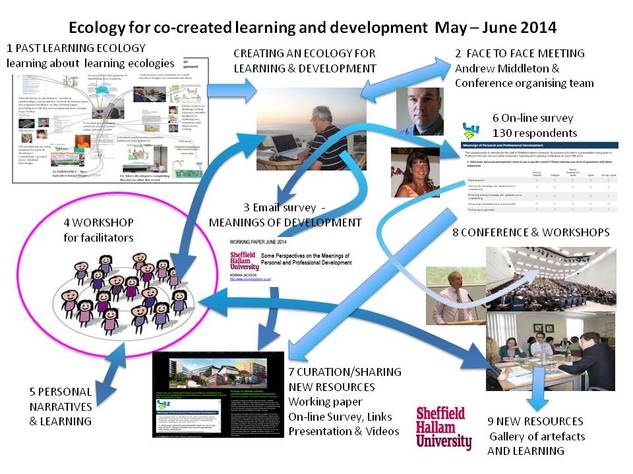
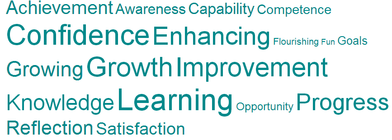
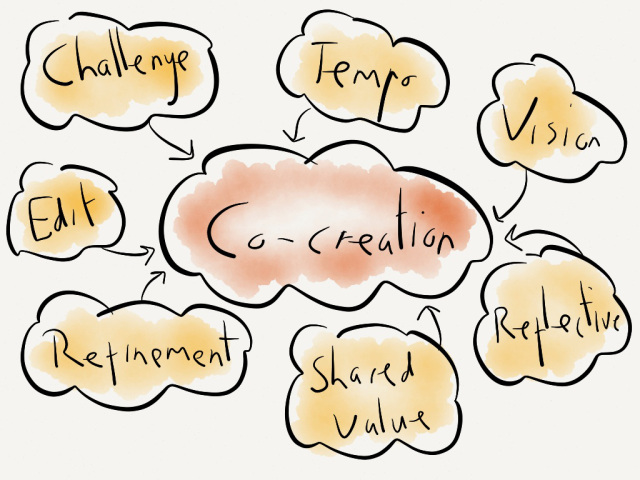

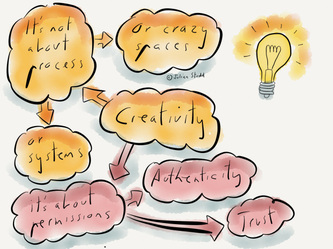
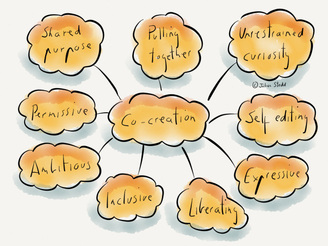
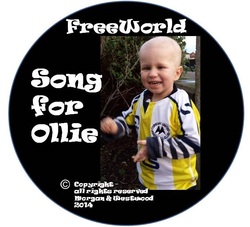
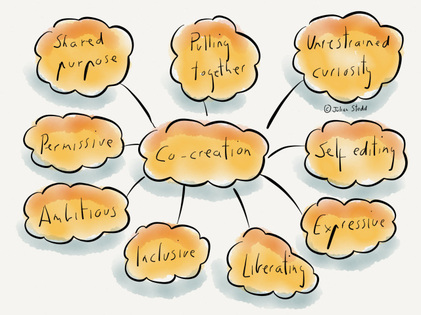
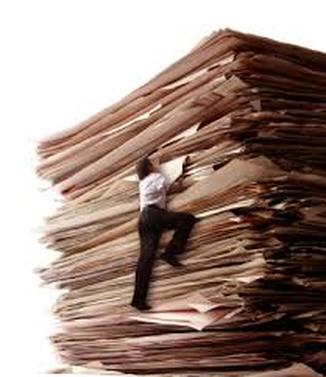
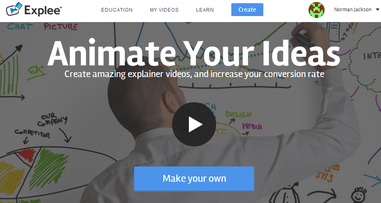
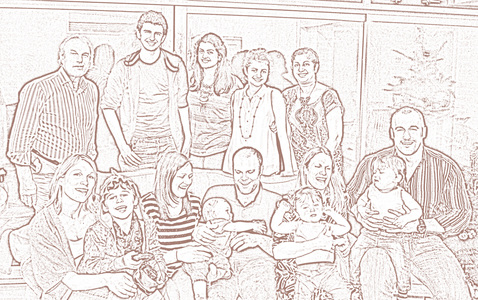






 RSS Feed
RSS Feed